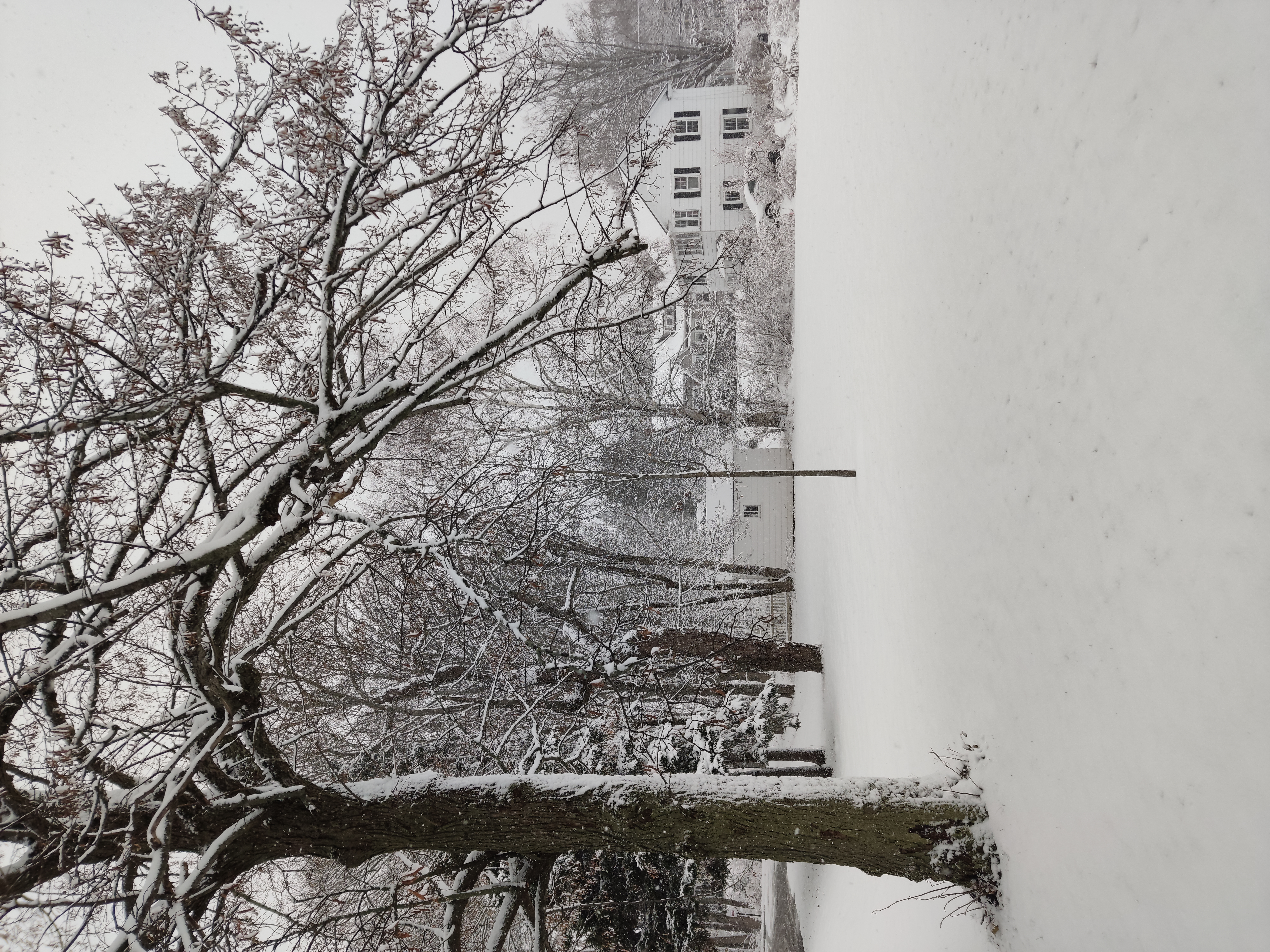Most Maritimers will tell you their winters are brutal. From blustering winds, quick freezes, endless amounts of muddy slush, and of course, a plethora of snow. Although these winter weather patterns pass through the maritime region annually, there is still a large problem that many in these regions face, getting around. Most small maritime towns, like Sackville, have an inherent benefit of being walkable. The availability of most stores in proximity to Mt. A allows for an ease of living. However, what happens when sidewalks, roads, and paths are not properly maintained? From now into the future, weather events are predicted to become more unpredictable and harsher. The consequence of this can be life-changing to those with accessibility needs.
When large amounts of snow falls, the accumulation of snow and its subsequent clearing can mean that some need to make vital choices. Common issues such as delayed plowing, inadequate salting, and the general peril of winter weather not only means travel delays and postponed events but can be the indicator of how some go about daily life. Accessibility around Sackville, especially the Mt. A campus, is already dubious. Non-accessible residences for those with mobility issues are then made additionally difficult by the introduction of poor weather.
When the crisis of weather meets that of the unhoused population in larger Atlantic Canadian cities, like Halifax or Moncton, more resources are needed to support an already at-risk population. Not only is it hazardous to be outside when the weather is harsh, it is extremely difficult to attempt to survive frigid temperatures without proper shelter.
In addition, further development and structuring is needed to adapt towns and cities alike to more major weather events. The mass snowstorm of February 2024 across Nova Scotia and New Brunswick, with total snow levels reaching over 100 centimeters, needs to be addressed. Climate change not only means weather changes but also forces societal changes to adapt to these weather events.






